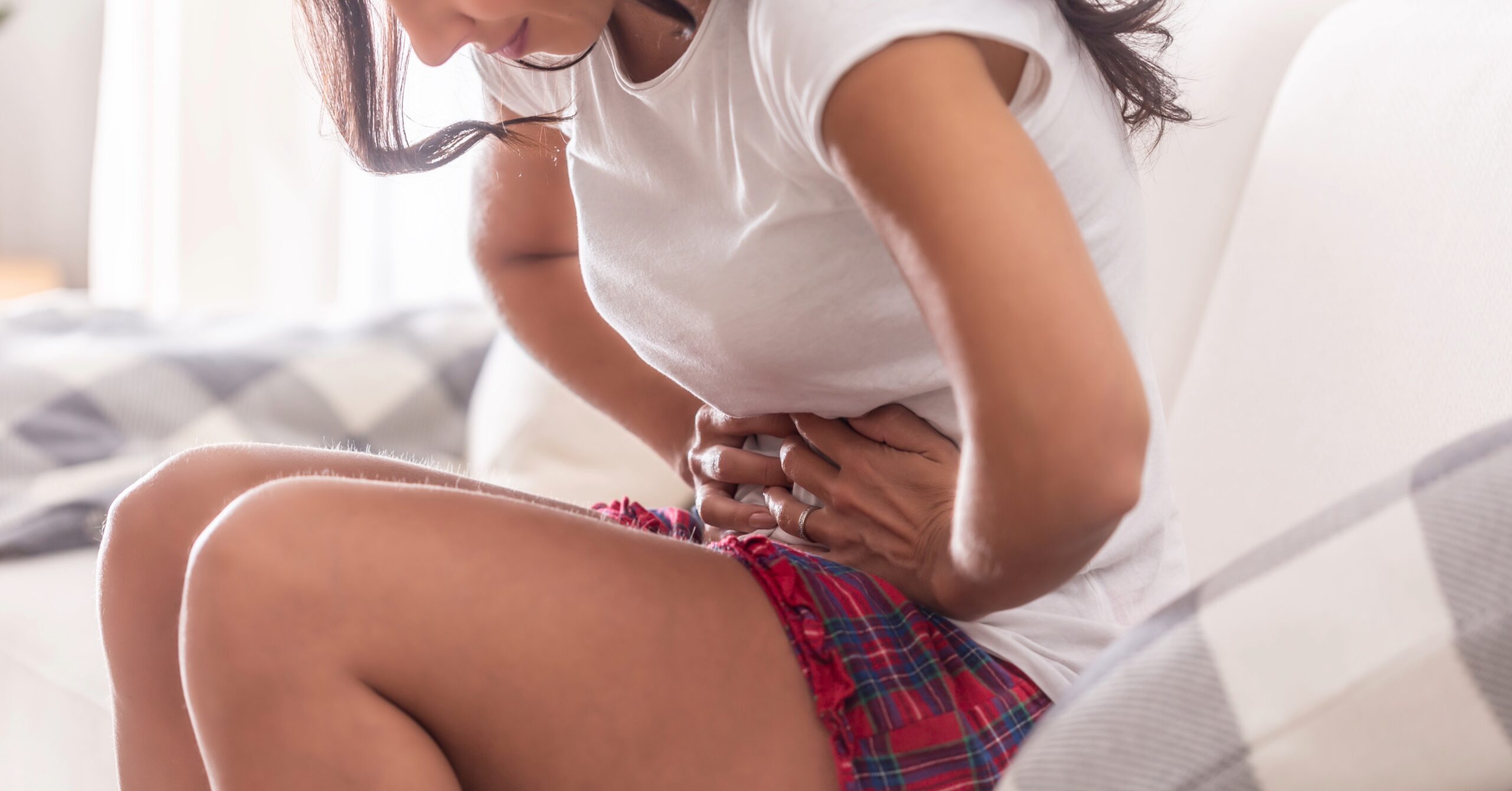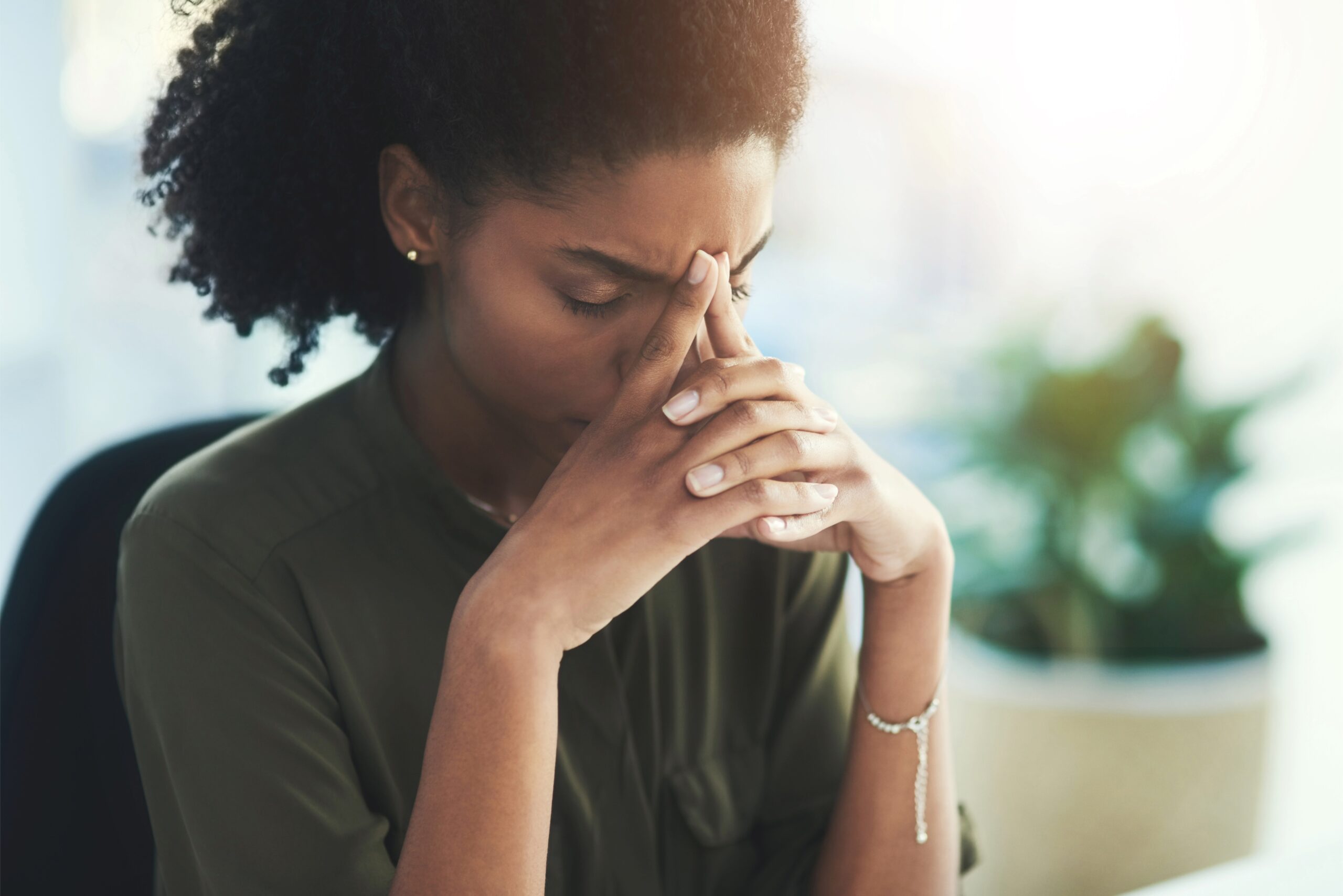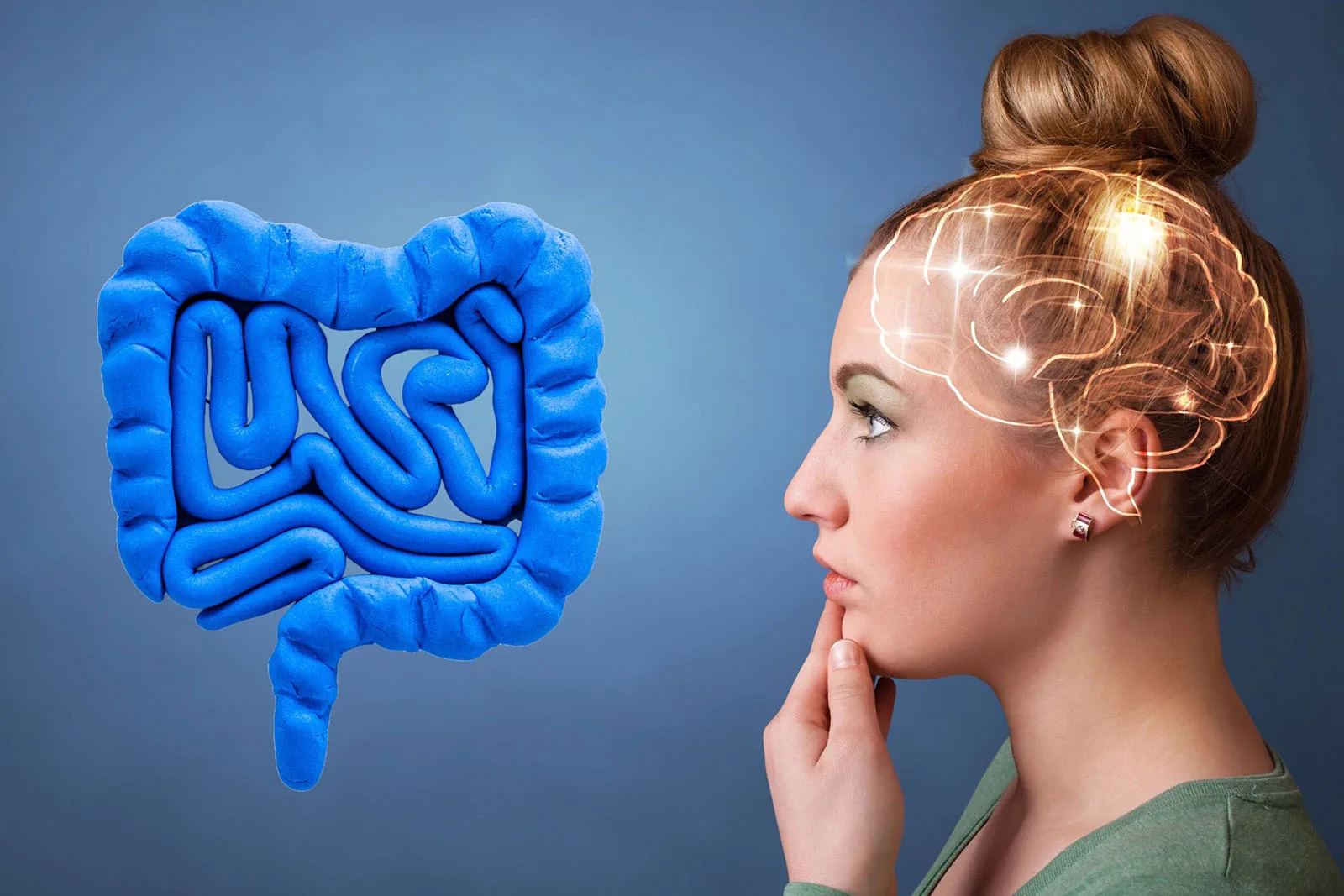Earlier this month National Geographic published an article headlined “Why women are more likely to have IBS”. I love that big publications such as National Geographic are paying attention to irritable bowel syndrome, as it is so common, and as there is so much misleading information out there. Big publications could help bust some of that misinformation.

The article aimed to explore why more women than men have IBS, and to discuss some of the treatment options. Since the comments below the original Instagram post, where I first spotted the article, seemed to point out some discrepancies, I thought I’d chime in and expand on some of the unclear points. Here are some of my thoughts:
- According to Dr. Raj, a gastroenterologist, IBS is a diagnosis of exclusion – more severe illnesses with overlapping symptoms need to be ruled out before an IBS diagnosis can be made. My experience: not all doctors test for everything, like cancer and IBD. This is probably to save resources, especially in a public healthcare setting, where money is tight. However, this leads to patients feeling unsure of their diagnosis. It's one of the reasons why it's so important to be able to advocate for yourself when talking to doctors. When you know a bit about what to expect, you will feel more empowered to ask the right questions and get the help you need (one of the reasons I created IBSwise). Here’s my wish to doctors seeing patients with IBS and these kinds of gut issues: spend time explaining your decisions on testing and recommendations so that people feel heard, and can understand and accept their diagnosis and thus go for correct treatments, instead of wasting time and money looking in the wrong places.
- The reason why women are more likely to have IBS is hormones. This I can agree with. I wrote a blogpost about it.
- Another reason for women being more susceptible to IBS: sensitivity to stress. Yes, seems true. I was also glad to see stress mentioned early in the article, as this is also what I have found in my IBS research. Stress is a real culprit in IBS, for both women and men. Even so, it seems that both doctors and patients resist this fact. Maybe blaming stress feels like it belittles the problem, which is not true. The effect of stress on gut function is a real physical response triggered by our thoughts, beliefs and feelings. So, IBS is not just in our head, but the brain has a lot to do with it in a real, physical way.

- IBS treatments: proper sleep and stress reduction. Yes, 100% agreement. Poor sleep affects everything, including gut health and stress sensitivity. The article also mentions that “finding your stress management technique, whether it’s meditation, cognitive behavioral therapy or exercise is key for keeping symptoms at bay.” This is correct, but I’d add that you don’t have to choose just one stress management or release method, you can utilize multiple of them. Combining meditation with exercise for example is more effective than doing one or the other. Not to mention there are many other methods to try, too.
- Antidepressants in low doses can help. Yes, true. However, science is showing that dietary changes can be as effective as medication. For this reason experts consider diet to be a first line therapy as compared to meds.
- Low FODMAP diet is considered to be an effective approach. Yes, studies show that the low FODMAP diet helps reduce symptoms in 2/3 of cases or so. However, the article is not mentioning any risks involved with the diet. Like reduced enjoyment of eating, increased cost, food relationship changes (like food fears) and that the diet can cause stress, which is not helpful when stress is a major IBS trigger. To me, deciding on whether or not to follow the low FODMAP diet should be given thorough consideration. It shouldn’t be something automatic for every IBS patient. This even though it is one of the more natural approaches to managing IBS. Other, more simple, diet changes may be all that is needed.
- Proper hydration is key. Someone commented below the article on Instagram that they drink a lot of water, and increasing water intake doesn’t help them (this person even seemed frustrated by this advice). Both the article and the commenter are correct: drinking enough fluids is important, but if you already are drinking a lot, at least 2 liters (8 cups) a day, then drinking more is not going to help. The point is that dehydration dries out stool in the gut, predisposing us to constipation.

- Fiber is needed. It’s true that most people in the Western world don’t get enough of it, not even close. However, the article doesn’t go into any detail here, they only mention that many brands are adding fiber into their products. Fiber is critically important for gut function, and it’s important to note that there are different types of fiber that are handled differently in the gut. This is where speaking with a dietitian is helpful for making sure increasing fiber intake is done right – something the article could’ve mentioned.
- If you have persistent digestive issues, get tested. Yes, absolutely. It’s important to know your gut symptoms are not a sign of something more serious. IBS isn’t serious in the eyes of health care practitioners in that it doesn’t shorten life span, but it’s serious in a different way - it dramatically reduces quality of life. I know it can feel embarrassing to talk to a doctor about your gut function, but taking that step also brings you closer to symptom management and improving your quality of life. Remember that 10% of the global population have IBS, so it’s very common and nothing to be embarrassed about. What’s important is your health and wellbeing.
Thanks for reading! I’m glad we are talking more about IBS publicly, but much more is needed! More publications should write about IBS in an easy-to-understand way. In the meantime you can ask me. I’m here to help!
Love,
Anna-Kaisa

PS: If you have questions about this, or any other gut health or stress topic, get in touch!
PPS: Did you download my free guide “Beat Stress and Boost Your Mood” yet?
Link to the original NatGeo article here.

